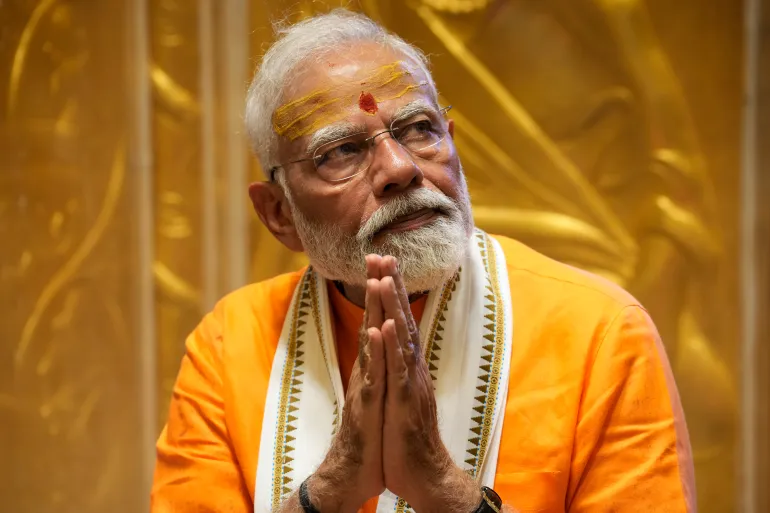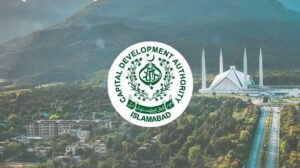New Delhi, India – Indian Prime Minister Narendra Modi, aged 73, is on track for an uncommon third term and is expected to be re-elected with a significant majority, as indicated by exit polls released on Saturday evening. These polls indicate a resounding victory for Modi’s Bharatiya Janata Party (BJP) and a setback for the opposition alliance in what is considered the largest democratic vote in the world.
If the official results, scheduled for Tuesday, June 4, confirm these predictions, it would mark a historic achievement for Modi. The BJP could potentially surpass its performance in the 2019 elections, with at least seven exit polls forecasting the party and its allies winning 350-380 seats out of the 543 in the Lok Sabha, India’s lower house of Parliament.
Despite the opposition alliance, known as INDIA, expressing confidence in securing a majority, exit polls in India have a mixed track record. However, they have generally captured the broader trends in recent decades. Nearly a billion registered Indian voters participated in the extensive seven-phase elections held over six weeks, concluding on Saturday evening.
Modi’s popularity remains a significant factor in the BJP’s success, with his leadership highlighted throughout the campaign. The BJP’s potential gains extend beyond its traditional strongholds, with predictions of significant breakthroughs in southern states like Kerala and Tamil Nadu, where the party has historically struggled.
Additionally, the BJP is expected to maintain its dominance in states like Gujarat, Madhya Pradesh, and Delhi, while making gains in regions where it previously faced challenges. Uttar Pradesh, India’s largest state, could witness a significant victory for the BJP and its allies.
While the opposition raised concerns about social justice and equality during the campaign, Modi and the BJP focused on projecting the prime minister as a guardian of Hindu interests. This narrative resonated with many voters, contributing to Modi’s widespread appeal.
If the exit polls accurately reflect the final outcome, India could be looking at another five years under the leadership of Modi and his close associate, Home Minister Amit Shah, in a government characterized by centralized power at the top.









